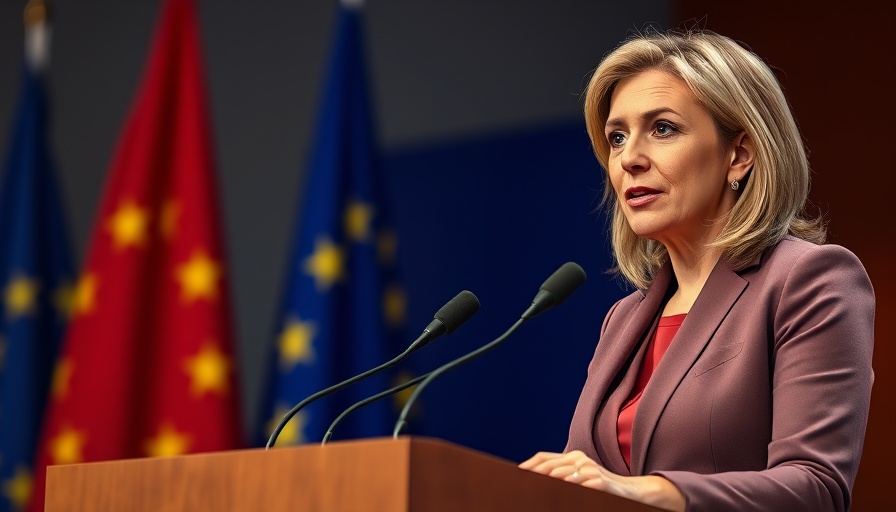
Understanding Europe’s Tech Sovereignty Challenge
As Europe embarks on an ambitious journey toward tech sovereignty, industry leaders are urging caution and foresight. Amanda Brock, the CEO of OpenUK, has underscored that while striving for independence in technology is vital, the continent must not overlook the importance of global collaboration. In a recent interview, she implored EU policymakers to "get real" about these crucial trade-offs.
The Risks of Isolationism
Brock's comments come on the heels of a speech by Bulgarian lawmaker Eva Maydell, who emphasized the need for Europe to "sober up" in its tech independence endeavors. The growing sentiment among industry officials is that pursuing a rigid, isolationist approach could jeopardize Europe’s competitiveness in the global tech arena. The real challenge lies in balancing local needs with international cooperation to foster a more holistic tech environment.
Global Collaboration is Key
The call for a cooperative spirit reflects a larger trend in the tech industry where global partnerships have historically driven innovation. Brock’s warning suggests that stifling international collaboration in favor of self-reliance could result in the EU falling behind in tech advancements. Finding a middle ground that embraces both global collaboration and local accountability might be the key to ensuring that Europe remains a significant player in the tech landscape.
A Future-Oriented Perspective
In a world that is increasingly interconnected, it is crucial for regions like Europe to adopt a future-ready mindset. Rather than viewing international cooperation as a threat to sovereignty, leaders must recognize the mutual benefits that come from shared knowledge and resources. As Europe navigates its tech sovereignty journey, the emphasis should be on forming constructive alliances that enhance local capabilities while honoring the global community.
 Add Row
Add Row  Add Element
Add Element 


 Add Row
Add Row  Add
Add 

Write A Comment